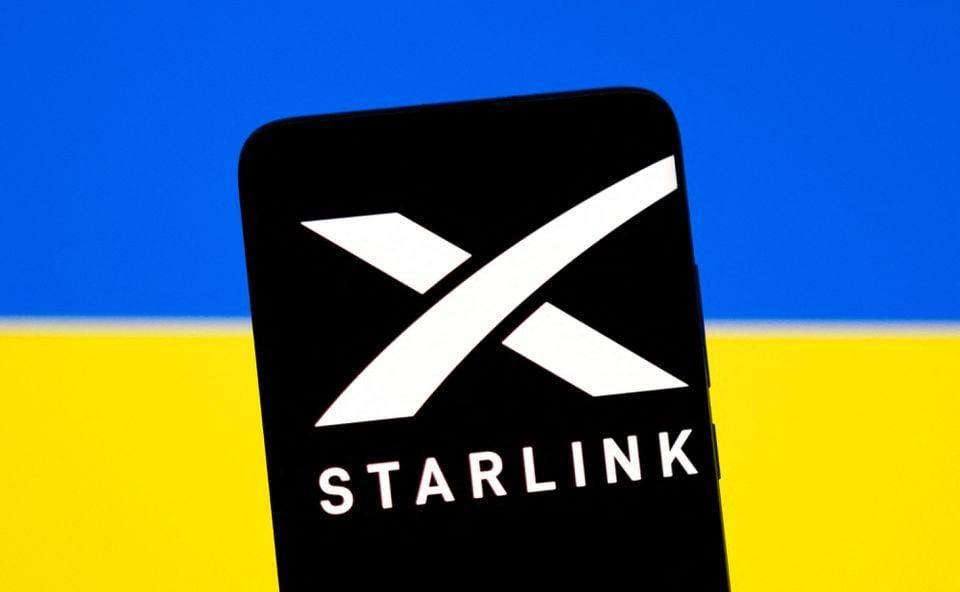Islamabad:
Starlink Internet services in Pakistan have not yet begun satellite -based internet services in Low Earth Orbit (Leo) as a result of emerging challenges and concerns expressed by experts and public.
According to experts, the Starlink entry depends on resolving regulatory, security and policy concerns, in addition to the high cost of the service also raises a barrier to generalized adoption between the general public and business community.
In Pakistan, one of the key factors is its cost for users, both initial and monthly. Starlink start plans are estimated at RS35,000 per month with a single RS110,000 configuration fee, while business plans can reach RS95,000 with a RS220,000 RS configuration fee.
On the contrary, a local ISP offers fiber optic plans that range from RS2,500 to RS12,000 per month, which makes Starlink inaccessible to many people due to the low economy of the country, accessibility for homes is not feasible.
In March 2025, Starlink was awarded a temporary non -objection certificate (NOC) to operate in Pakistan. However, this was not a complete license, and the company still had to meet all the regulatory requirements. In addition, security authorization is still pending.
Starlink has not received the necessary security authorization from the Ministry of Interior, a previous requirement to obtain an operational license from the Telecommunications Authority (PTA) of Pakistan. Starlink is required to comply with national space policy regulations, which has contributed to delays.
“Starlink operates regardless of local ISPs and national internet link doors, users can access objectable content prohibited by the PTA [such as politically-sensitive websites]Hannan Gillani said, an expert in IT.
“It could ignore state filters, firewalls and monitoring systems and these challenges could cause a legal and political reaction, reaction and problems for the state authority on Internet governance. Therefore, the PTA should develop a mechanism before issuing the final license for the link of stars in Pakistan,” he added.
On the payment method, said Gillani, if the subscription rates were paid in the US dollar through international payment methods, such as credit cards, would increase the dollar outputs of the already fragile foreign reserves of Pakistan.
Unless Starlink agreed the local turnover in Pakistani rupees through the channels regulated by the State Bank of Pakistan (SBP), the economic burden could grow with more subscribers, “warned the expert in IT.
A PTA official commented that Starlink’s entry into Pakistan could significantly boost connectivity, particularly in the underlined and remote regions, but added that the authority was carefully reviewing all regulatory, technical and security aspects before granting complete operational approval to him.
The official acknowledged that affordability remained a valid concern for users, and “we are committed to ensuring that said service introduced in Pakistan is aligned with our national ICT goals and remains accessible” for the public.




